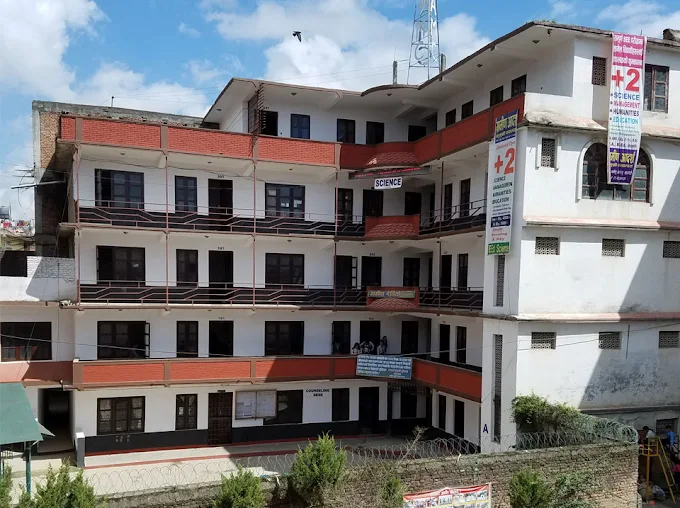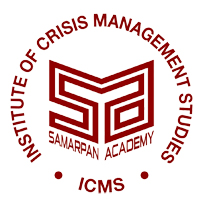Overview
MA in Rural Development (MRD) at Gramin Adarsha Multiple Campus, Nepaltar–Balaju, Kathmandu
MA in Rural Development (MRD) at Gramin Adarsha Multiple Campus (GAMC), Nepaltar–Balaju, Kathmandu, runs under Tribhuvan University. Students seeking a rural development master’s in Nepal study policy, livelihoods, local governance, and field methods grounded in national practice.
The two-year, four-semester plan helps you connect classroom reading to ward-level realities, municipal planning, and project cycles used by government, NGOs, and development partners.

Highlights
-
TU-affiliated, two years, four semesters.
-
Focus on livelihoods, rural–urban linkages, local institutions, disaster risk themes, and development communication.
-
Internal assessment through assignments, presentations, and short studies; final examinations per TU schedule.
-
Research supervision for proposal, tools, data work, and reporting.
Curriculum Details
Early semesters introduce foundations of rural development, Nepali rural economy, social structure, and governance. Courses examine how local governments function, how fiscal transfers work, and how plans move from ward profiles to budgets. Livelihoods modules review agriculture, migration, micro-enterprise, and value chains in hill and Tarai contexts.
Methods papers cover qualitative and quantitative approaches, sampling, ethics, and field note practice. Students learn household survey basics, key informant interviews, and focus group facilitation. Data handling involves spreadsheet work, simple statistics, and charts that stakeholders can follow.
The program then turns to disaster risk reduction, climate impacts on farming systems, community-based adaptation, and recovery planning. Development communication introduces message framing, IEC material planning, and local radio use—well supported by the campus radio setup. Project management papers cover logical frameworks, indicators, monitoring formats, and brief reporting for municipal or donor reviews.
Objectives
-
Build practical knowledge of local governance, planning, and budget cycles.
-
Strengthen analysis of livelihoods, markets, and service delivery in rural settings.
-
Develop field research skills that respect ethics and community voice.
-
Prepare students for roles that require clear reports, data summaries, and meeting briefs.
Scope
Graduates contribute to rural and municipal programs that address agriculture support, cooperatives, WASH, education, and social protection. Roles span field coordination, monitoring, data analysis, and community liaison. Many students sit for public service examinations or continue to research-oriented study.
Learning Outcomes
-
Prepare problem statements grounded in local data and observations.
-
Draft tools, collect field data, and summarize results in concise briefs.
-
Translate indicators into tracking sheets and short dashboards.
-
Present findings to mixed audiences, including elected representatives and community groups.
Skill Development Modules
-
Tool pilots and debriefs after short field visits.
-
Spreadsheet practice for baseline, midline, and endline tables.
-
Risk mapping exercises using ward-level information.
-
Communication labs for radio scripts, IEC notes, and community notices.
-
Proposal sections: background, objectives, outputs, and simple budgets.
Teaching Methodology
Seminars, journal reading circles, tutorials, and guided field assignments shape weekly work. Internal marks reflect attendance, timely submissions, and presentation clarity. Faculty link topics to current municipal plans, sector guidelines, and publicly available datasets.
Admission Requirements
-
Bachelor’s degree or equivalent from a recognized university.
-
Entrance process as per TU rules for the intake year.
-
Required documents: transcripts, character/migration (as applicable), ID copy, photos.
-
Seat information and timelines appear on campus notices.
Career Opportunities
Graduates work in rural development projects, municipal planning units, cooperatives, agriculture and livelihood programs, and monitoring roles. Common titles include field officer, program associate, M&E assistant, research assistant, and community development facilitator. Experience opens paths to coordination and specialist posts.
Scholarships and Financial Aid
GAMC considers merit and need-based support under campus policy. Applicants submit academic records and supporting documents within the announced window.
Why Choose This Course?
You study rural issues through realistic tasks—tools, field notes, and short reports—rather than only theory. The campus radio facility helps you practice communication for outreach. The Nepaltar–Balaju location keeps you close to agencies that manage development work in Kathmandu Valley.
Conclusion
MRD at GAMC offers a clear route into rural and community development practice under TU. Consistent field exposure, careful analysis, and precise reporting prepare you for roles that require trust, patience, and attention to detail.
FAQ
1) What is the duration?
Two years across four semesters.
2) Is there an entrance exam?
Tribhuvan University may require it; campus notices provide details.
3) Does the course include fieldwork?
Yes. Short studies and tool pilots are part of internal work.
4) What skills will I use most often?
Tool drafting, data cleaning, indicator tracking, and concise reporting.
5) Where do graduates work?
Municipal units, government projects, NGOs/INGOs, and research assignments tied to rural programs.





















